Why does everybody love Eddie Munson in ‘Stranger Things’ so much?
Okay, it’s not a question at all. I know why, and I’ll explain it.
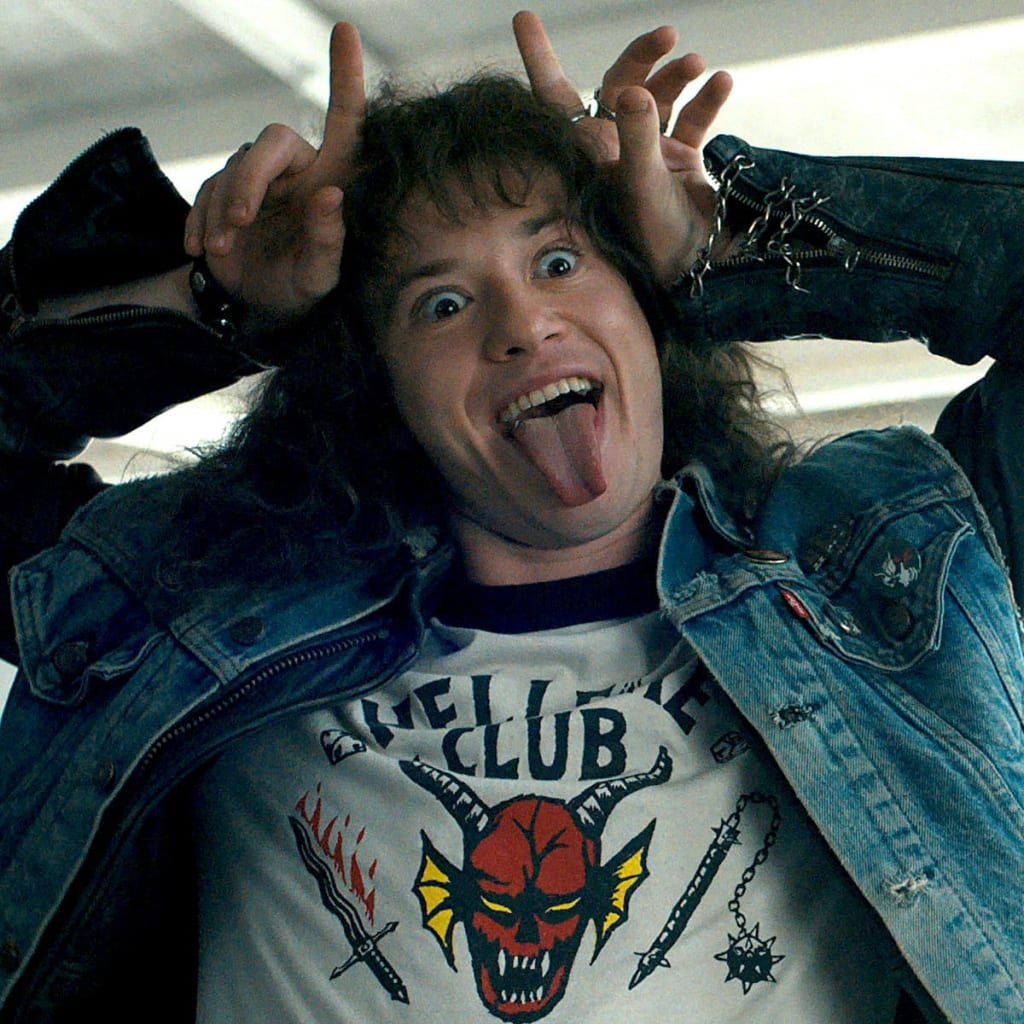
I know what you’re thinking. It’s not that hard to understand why Eddie is so popular. Like a lot of the characters on Stranger Things and on other shows he has all the telltale characteristics of characters we are often drawn to. He’s super nice and lovable and has memorable and often humorous lines. He’s the type of person we aim to be: he loves himself in all of his eccentricities and he’s comfortable in his own skin. But he also has insecurities and (spoilers ahead) he makes righteous sacrifices. Also, he played some bitchin’ licks. Mystery solved, Sherlock.
And yes, that is true, and that is ultimately what my point will be. But what you probably don’t know is WHY you perceive those things about his character. I mean, most of the characters on that show are great, and few characters outside of Steve and Dustin have received as much affection from fans as Eddie Munson. Why is that?
The Tragedy of Barb
I know what you’re thinking. What does Barb have to do with Eddie Munson? Well, a lot, actually.
For those of you who’ve been watching Netflix’s arguably biggest, most iconic show from the very beginning, you’ll probably remember the early demise of Barb who, until she died rather unceremoniously, wasn’t that popular a character.
But her death and the events surrounding it — namely Nancy being a bad friend — made her an empathetic character.
So, Barb goes from a mostly unknown character to one that we cared about and still care about all the years later? Why is that? Well, it’s because we empathize with her. We feel bad for her sudden and abrupt death, and for the fact that she really didn’t deserve it. Arguably…Nancy did, right?
Especially if you take into account everything movies have told us, especially ’80s movies and their take on carnal pursuits. The two lovers get killed because they were doing something naughty, and the virgin lives.
Obviously, that’s all based on ’80s slasher rules that, although baked into the psyche by Reagan-era politics on sex and morality, we still abide by them in terms of movie morality. Mostly.
But beyond that, Nancy and Steve were kinda shitty friends and Barb was just trying to be a good friend. And what’d she get for it? Violent death.
Doesn’t seem very fair. And it was probably one of the weirder missteps in the early seasons. Whether we realize it or not, we have certain rules we expect from movies and TV, even books. And when those rules are broken, they feel wrong.
One of those rules is: that decent people shouldn’t die for no reason unless their death says something or means something to the story.
Take Sarah Palmer from Twin Peaks. Sure, we find out as the seasons go on that she’s not exactly innocent, but from the outset, she seems to be a morally decent person, whether that morality lines up with our own worldview or not.
There are a lot of hegemonic lessons laced into popular film and television. Despite the U.S. citizens' feelings on war waning considerably, they still make plenty of movies that, although not as jingoistic as old John Wayne movies, modern war movies still portray a message that can be sold to possible recruits. Mostly because most war movies need tanks, planes, and other military hardware, and the best way to get that is to help the army shoot a 90-minute recruitment video.
All that to say that we learn a great deal from the movies and TV we digest. And what we’ve learned from hundreds of slasher movies, and any movie with large body counts is that the more virginal and moral a character, the more likely they are to survive.
Barb’s death hurt because it broke the rules of unnecessary violence. This brings me to my next point.
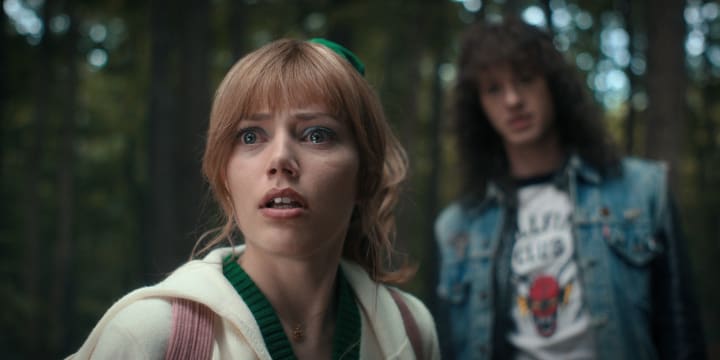
The Tragedy of Chrissy
Remember how I said that decent people don’t die unless it says something about the story? Yeah, Chrissy’s death tells us a lot about the story moving forward.
Chrissy is in only about five scenes and in those five scenes we learn a lot about who she is and why we should care about her, and we do care about her pretty quickly. Then, abruptly, she’s killed off in one of the more tragic deaths of the show.
Actually, it’s one of the only significant deaths on the show so far. But that’s another problem entirely.
The first time we see Chrissy she’s your typical cheerleader character. She’s happy, flirting with the school’s biggest, most aggressively Chad-esque jock. She’s blowing him kisses. Then, a few moments later, she’s walking through the hallway, depressed. Then we see the scene of her and Max in the bathroom and suddenly we have a lot of information, but not enough so that we’re still enticed and curious as to exactly what’s going on with her.
One of the great things about Eddie Munson as a character is that we feel like we know him from the first time we see him. Much like Chrissy who is a cheerleader who struggles with body issues, Eddie Munson is a familiar archetype that we’ve seen many times over before.
From the end of the first episode, I assumed we’d see some sort of “Memphis Three” situation play out with Eddie’s character. He’s an outsider in the ’80s, who likes D&D, heavy metal, and smokes and sells weed in a rural community where all of those things make him an outsider.
To be fair, most of those things would make him an outsider no matter where the show is set, but it's amplified in a more rural community like Hawkins, Indiana. I know, I grew up in rural Northwest Ohio and carried a giant single-volume copy of The Lord of the Rings around high school.
Much like Chrissy, Eddie is in a lot of ways a familiar character archetypes for these sorts of teen-centric stories, so we have all of these preconceived notions about who he is and how he feels already at the outset. We know he’s an outsider. We know he’s rebellious. And these things make him, to the vast majority of the viewing public, appealing.
Whether we were heavy metal-obsessed fans of D&D in our teens, it’s fair to say that no matter how popular we might’ve been or not, we all feel a little like an outsider. Or, at least most of us do, that is.
So, when Chrissy, a character who has already earned our empathy is helped by Eddie, a character who is in the process of gaining our empathy but already has a lot of the leg-work done due to his inherent archetype, our empathy for him deepens.
It’s not unlike what they did with Joe Keery’s Steve Harrington, who I despised until he started helping out the kids and bonding with Dustin. Watching characters bond in a genuine way helps us bond with them too. It’s like slowly breaking down the barriers of who a person is, learning who they are by way of intimacy and vulnerability.
It’s partially why flashback scenes became a thing for a while there in TV dramas. How do we put you in a new character’s headspace, especially one you just met? We show you who they are up until that point and we give you all of the things that drive their character. Their trauma, motivation, etc.
So, by the time Eddie Munson is hiding in a boathouse from the town and school jock who wants nothing but to do harm to him, we feel deeply for him.
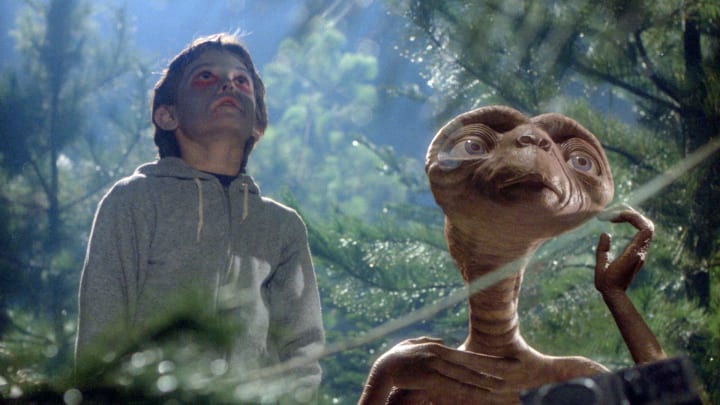
The Power of Empathy
To quote everybody’s favorite literary/movie dad, Atticus Finch, “You never really understand a person until you consider things from their perspective.” Part of the tragedy of Eddie Munson’s death is that he died with the town still hating him, which is obviously tragic because we know he didn’t kill Chrissy.
It’s also tragic because we have had his perspective throughout the entire fourth season, and because we know what he’s seen, and felt what he’s felt, the town hating him for no good reason feels all the more unfair.
There’s nothing more powerful in terms of empathy than unfair hatred or misunderstanding lobbied at the character we love. Think about Frankenstein’s Monster, Loki from the MCU, Spider-Man (or for that matter any superhero) every time the community they help hates them for some asinine reason, or E.T.
The more a character is despised by his in-world community, especially when that hatred is unwarranted, the more we love that character. Literally, every movie about a monster who is misunderstood is just retreading this archetype. Much like Quasimodo in The Hunchback of Notre Dame or Frankenstein's Monster, we can forgive any misgivings a character might have, as long as that character is mostly decent if the world at large despises them.
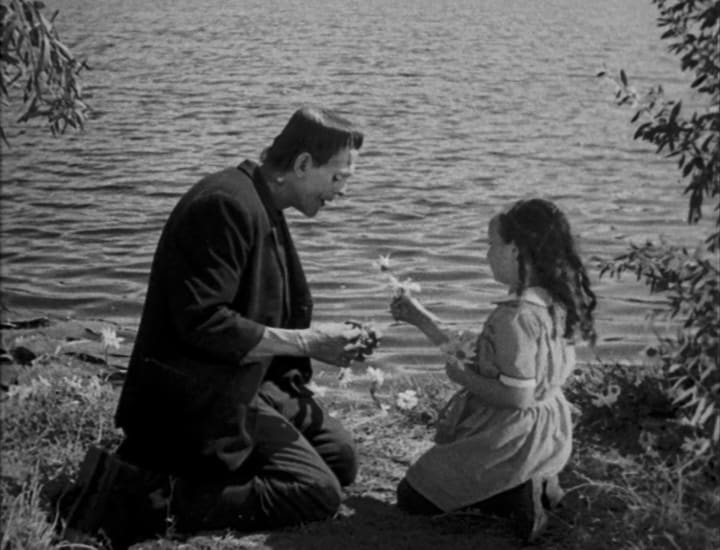
A lot of people have this opinion that when a certain work echoes a prior work, whether it be in theme, setting, plot, etc. that the latter work is somehow not as good by default, or worse, not original.
I would argue that those people have short memories or a lack of knowledge of the history of storytelling. Ever since humankind set about telling stories, it’s used archetypes and plots that echo each other. Entire books have been written about this very phenomenon. In fact, I would argue that great storytelling, like most great artistic endeavors, is great borrowing, or theft. Art is much like science in that it often piggybacks on ideas that came before it to create new and more impressive things. Without Icarus, we wouldn’t have da Vinci’s flying machines. Without da Vinci’s flying machines we wouldn’t have hot air balloons, and onward to kites, early planes, and forward.
Stranger Things has always been called out for being too nostalgia-laden, or too unoriginal as if borrowing from other films has ever caused fanboys to hate a certain work or person’s work. I say the genius of Stranger Things is the way it applies well-worn archetypes to inform story and character.
About the Creator
Richard Foltz
Hey, my name is Richard Foltz. I refuse to use my first name because it is the name of frat guys and surfers, so...
I've written for years and currently work as an editor for my university's newspaper.
Reader insights
Nice work
Very well written. Keep up the good work!
Top insights
Expert insights and opinions
Arguments were carefully researched and presented
Heartfelt and relatable
The story invoked strong personal emotions



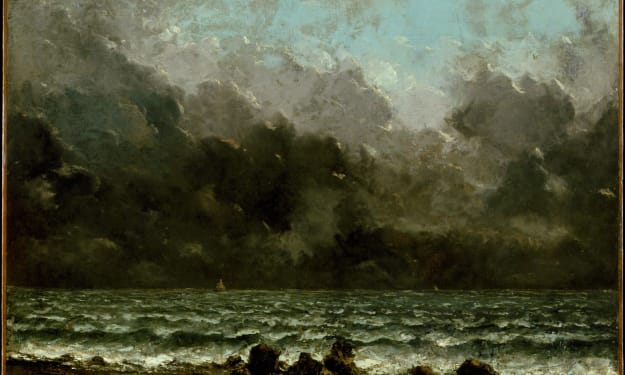

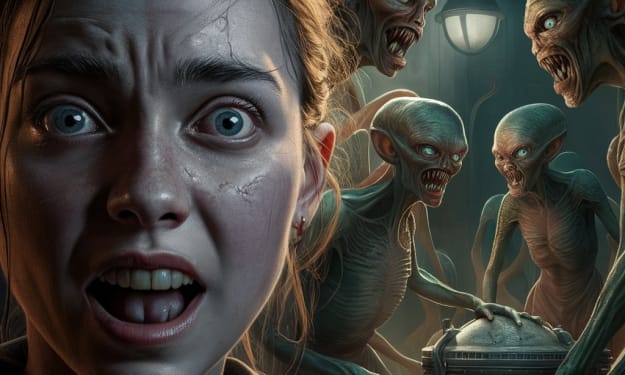

Comments (3)
I want to praise you
Awesome, I loved the text.
Awesome, I loved the text.